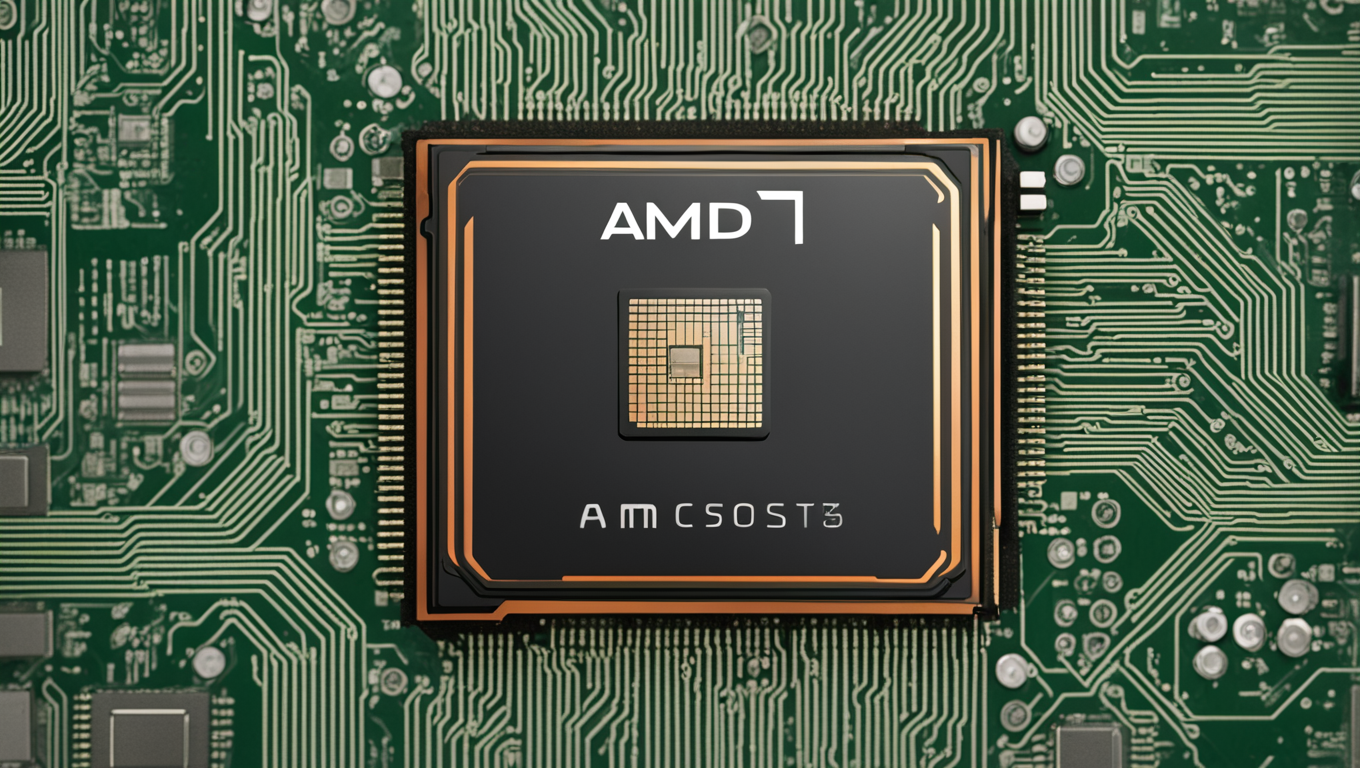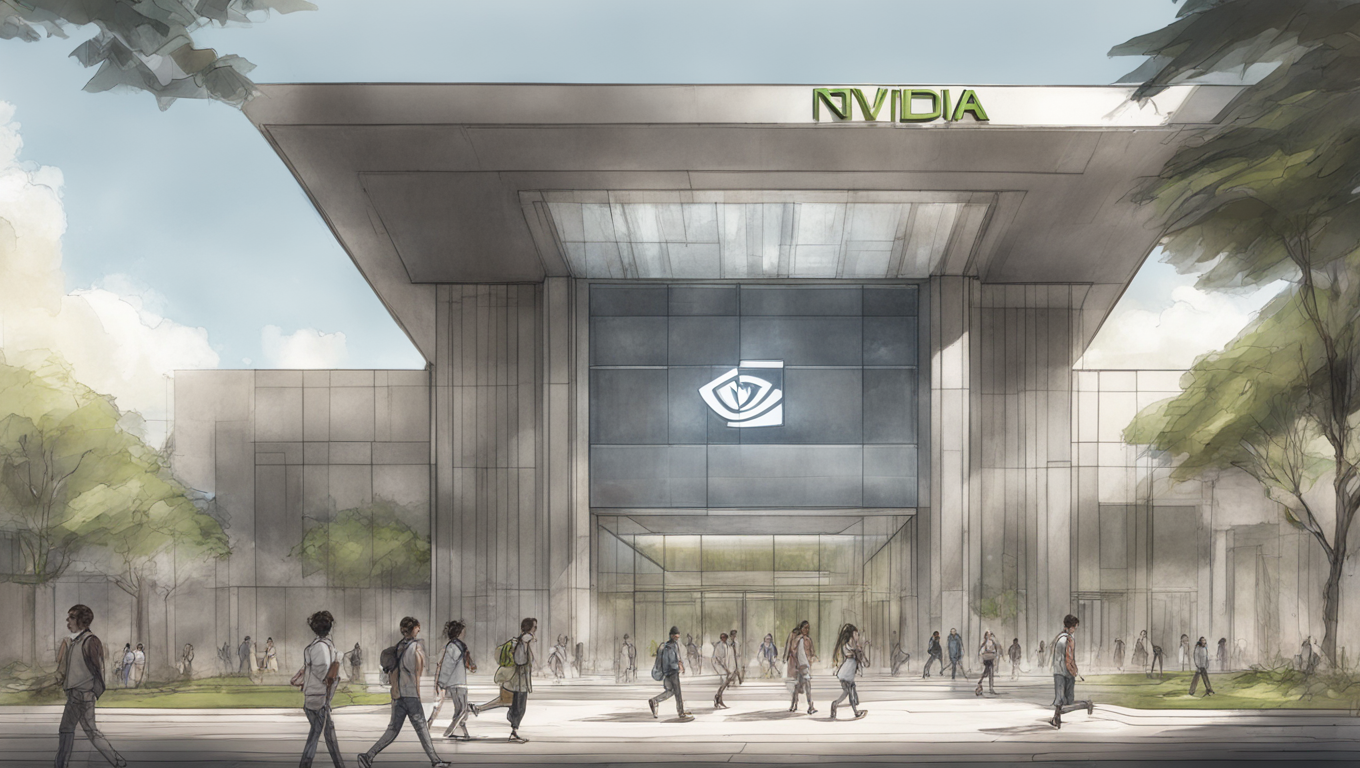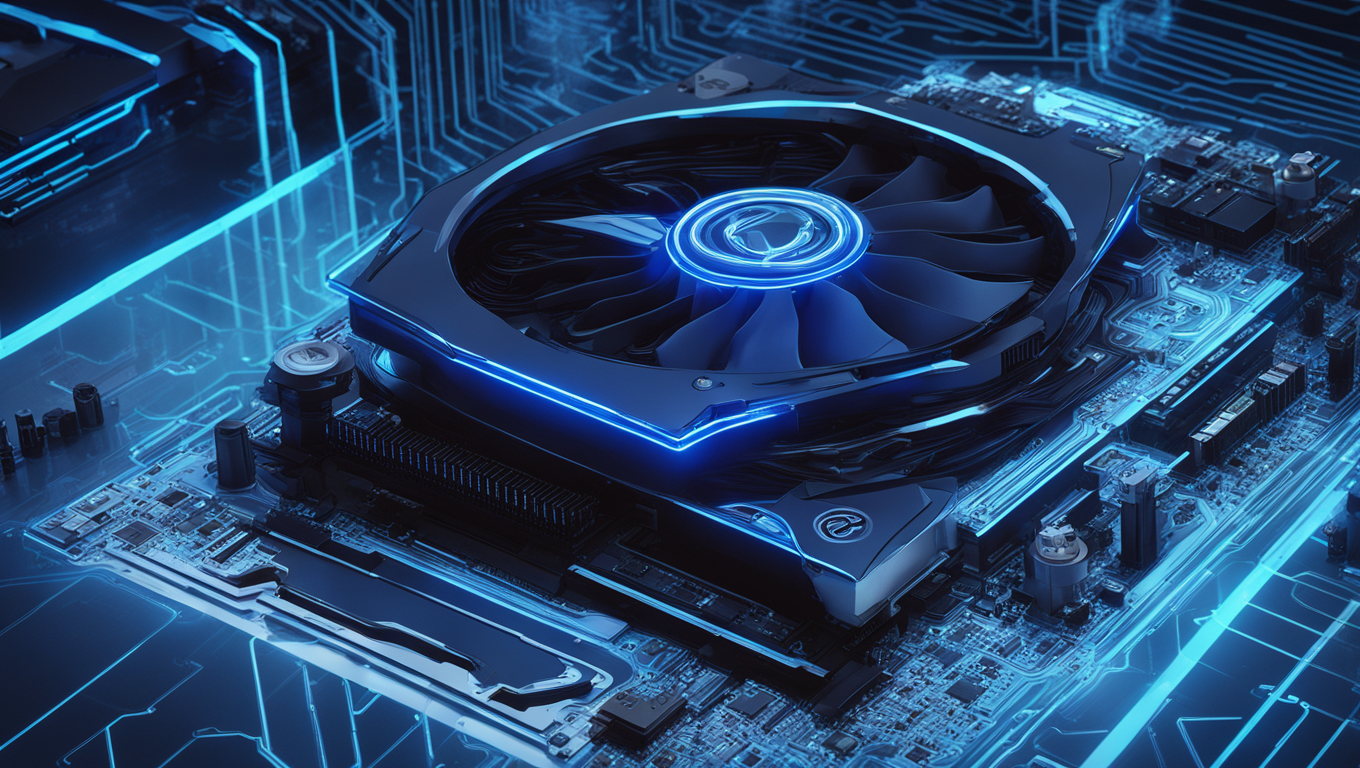In a bold move to challenge Nvidia’s dominance in the AI chip market, Microsoft has announced its plans to introduce AMD artificial intelligence chips to its cloud computing customers. The news was revealed ahead of Microsoft’s annual Build developer conference, where further details about the chips will be shared next week. Alongside this announcement, Microsoft will also be launching a preview of its new Cobalt 100 custom processors.
By offering clusters of AMD’s flagship MI300X AI chips through its Azure cloud computing service, Microsoft aims to provide an alternative to Nvidia’s highly sought-after H100 family of powerful graphics processing units (GPUs). The demand for Nvidia’s GPUs, which currently dominate the data center chip market for AI, often makes them difficult to obtain. Thus, Microsoft’s move to incorporate AMD’s AI chips will provide its customers with more accessible options.
Traditionally, companies have had to use multiple GPUs in a clustered configuration to build AI models or run applications due to the limitations of a single processor. However, AMD’s MI300X AI chips, which are expected to generate $4 billion in revenue this year, offer sufficient power to train and run large AI models without the need for clustering.
Interestingly, Microsoft already offers its own in-house AI chips called Maia through its cloud computing unit. This demonstrates the company’s commitment to diversifying its offerings and exploring different avenues within the AI chip market.
Alongside its partnership with AMD, Microsoft will also be showcasing its Cobalt 100 processors at the Build conference. These processors, which were announced in November, are expected to deliver a 40% improvement in performance compared to other processors based on Arm Holdings' technology. Snowflake and other companies have already begun to utilize these chips, positioning them as competitors to Amazon.com’s in-house Graviton CPUs.
Microsoft’s decision to introduce AMD AI chips and continue developing its own processors emphasizes its determination to disrupt Nvidia’s dominance in the AI chip market. By offering customers a variety of options, Microsoft is set to provide a more competitive landscape and push innovation in the field of AI. As the Build conference approaches, industry experts and technology enthusiasts eagerly anticipate further insights and analysis that will shed light on the future implications of Microsoft’s strategic moves.





Use the share button below if you liked it.